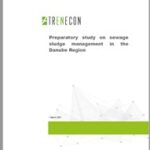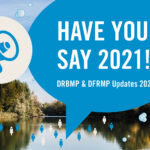Interreg AT – SK PlasticFreeDanube
The PLASTICFREE DANUBE project run between 01.10.2017 – 31.03.2021 (funded by Interreg V-a SK-AT 2014-2020 fund) entered into its final stage. The project online closing conference was organized on 23 February 2021, where the nearly 65 interested participants could learn about the project’s main achievements. The project involved 5 project partners (from Austria and Slovakia) and 18 strategic partners and was carried out with the involvement of a large number of volunteers (about 600 people). The project focused on the section of the Danube between Vienna and Gabchikovo, with the aim of developing a method for monitoring and collecting data on plastic pollution of river ecosystems, setting up an action plan for plastic waste management on the Danube and organizing public awareness campaigns on plastic waste management.
In the conference several valuable presentations were given, introducing the main activities of the project. The conference closing presentation was given by Mrs. Gudrun Obersteiner, project leader, who introduced the main lessons learned and also gave some hints and suggestions in connection to future actions.
In her presentation, she concluded the followings:
- material flow and transport model of plastic waste in and along Danube river have been established. “The material flow and transport model provides an overview of plastic flows and pathways in the project area. It combines data of the main sources, input pathways and transport routes of plastic pollution” – Mrs. Obersteiner stated. She also highlight at that in the future More analysis on macroplastic transport in the river would be necessary, additional experiments with GPS tracker and monitoring of a longer time frame is needed;
- another important achievement is that methodology for the collection and sorting of plastic waste along river systems has been developed. Standardized procedure for monitoring to make collected data comparable is available. In long term it should be tested in other European regions as well;
- a methodology for the qualitative assessment and identification of plastic has been also developed and extensively tested. Data basis on information on the composition of littered plastic was established, the analysis should be continued in the future as well;
- action Plan for the Area of habitats that are to achieve a better conservation status or condition 15.000 ha has been developed with the involvement of relevant stakeholders;
- events and trainings, an awareness-raising campaign were implemented and training and educational materials are developed.
In the project conference, we also got to know an innovative river waste collection and processing initiative, during which the Dutch company CLEANWATERS presented their self-developed “waste catcher” structure, which is currently being deployed and tested in Budapest. The lecture also presented possible methods of plastic processing.
Subsequently, we heard about the results of JDS4 as well in the ICPDR presentation. In the presentation of Adam Kovács expert at the ICPDR, emphasized the results of the JOINTISZA project, ie that the importance of the management of Tisza plastic waste pollution was given priority in the updated TISZA River Basin Management Plan.




